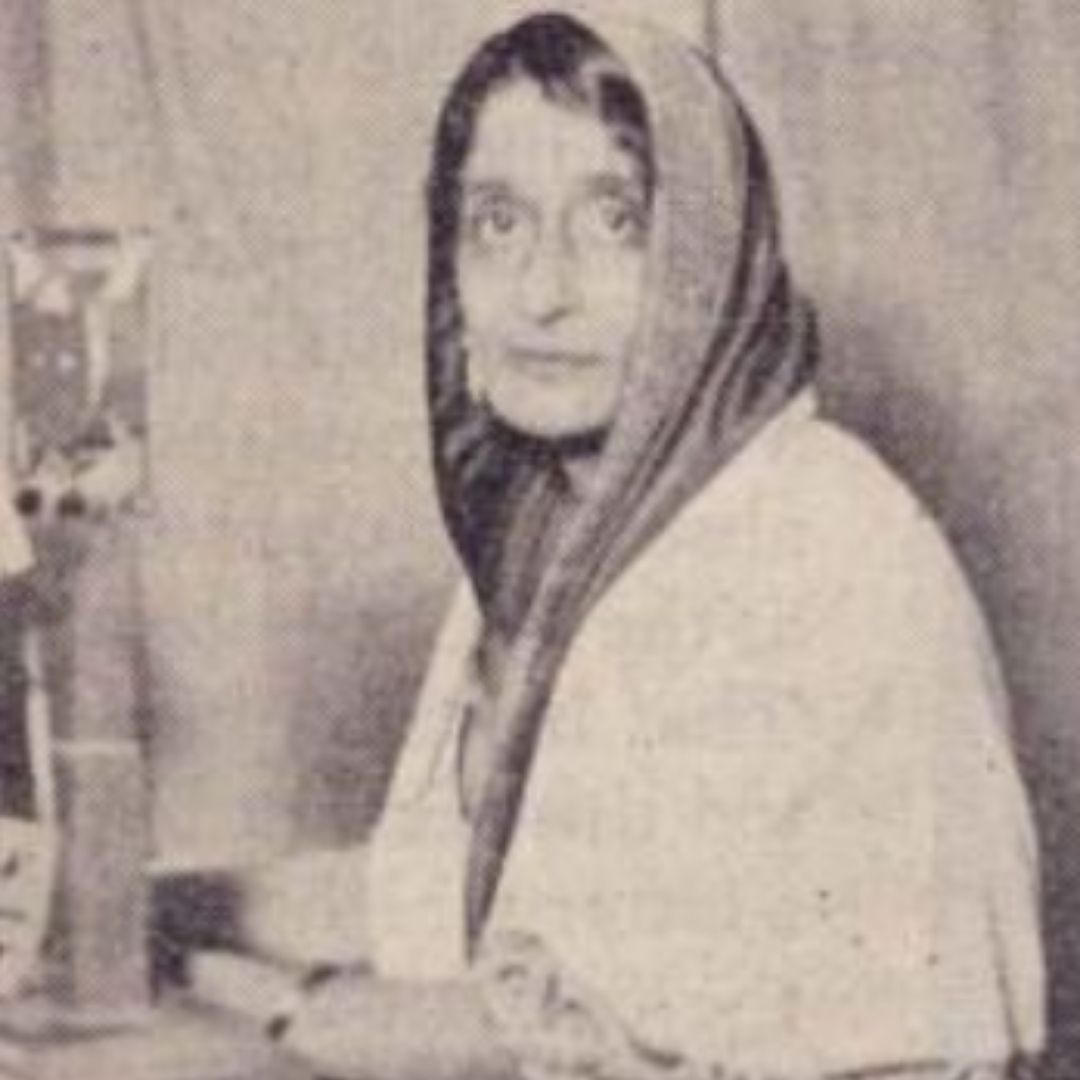
Image Credit: Wikipedia
Rajkumari Amrit Kaur: India's First Health Minister And Her Efforts For Reforming The Nation
Writer: Ratika Rana
Her primary objective is to inform, promote, educate and cultivate readers through writing.
India, 24 Nov 2021 12:10 PM GMT
Editor : Ankita Singh |
A literature lover who likes delving deeper into a wide range of societal issues and expresses her opinions about the same. Keeps looking for best-read recommendations while enjoying her coffee and tea.
Creatives : Ratika Rana
Her primary objective is to inform, promote, educate and cultivate readers through writing.
Rajkumari Amrit Kaur had been associated with the Indian Independence struggle, before she was appointed as the first Health Minister of India, along with additional charges of Sports and Urban Development.
Rajkumari Amrit Kaur was the first Indian woman to join the Cabinet of Independent India as its health minister and hold the position for the next ten years. Before she assumed charge as the health minister, she served as secretary to Mahatma Gandhi. During her tenure, Kaur undertook several reforms that transformed India's healthcare.
She laid the All-India Institute of Medical Sciences(AIIMS) foundation stone and inaugurated Lady Irwin College in Delhi. She was born in the royal family of Kapurthala, thus the prefix of Rajkumari to her name; she had studied at Oxford University. After returning to India, she felt a connection with Mahatma Gandhi's work.
Other Causes That She Advocated
Kaur gave up all the royal comforts and began to discipline herself while responding to Gandhian call. The Indian Express quoted her speaking about Gandhi, "The flames of my passionate desire to see India free from foreign domination were fanned by him". Apart from working on the cause of independence, she worked on several other social causes like child marriage, purdah and the devadasi system. When she was jailed after the Quit India movement, she carried with her a spinning wheel the Bhagavad Gita and the Bible.
While advocating for equality, she sided with no reservations for women and the Universal Adult Franchise, stating that equal opportunities would increase women participation in legislative and administrative institutes of India.
Foundation Of India's Most Prestigious Medical College
On February 18, 1956, when she tabled a Bill about the foundation of AIIMS, she did not prepare a speech but spoke from her heart. She said, "It has been one of my cherished dreams that for postgraduate study and the maintenance of high standards of medical education in our country, we should have an institute of this nature which would enable our young men and women to have their postgraduate education in their own country". The Health survey of the Indian government had recommended the creation of such an institute a decade ago, in 1946.
Though the Bill received a vigorous debate in the Lok Sabha, it gained several votes in both houses and the motion passed in May, the same year. AIIMS was the first hospital in Asia to prohibit its doctors from undertaking any private practice. The doctors were expected to spend their time primarily on three activities- treating patients, teaching students and research. In the decades that came, AIIMS served as an excellent institute of healthcare and medical research.
Also Read: Breaking Down The Ultimate Confusion About Cryptocurrency
 All section
All section














